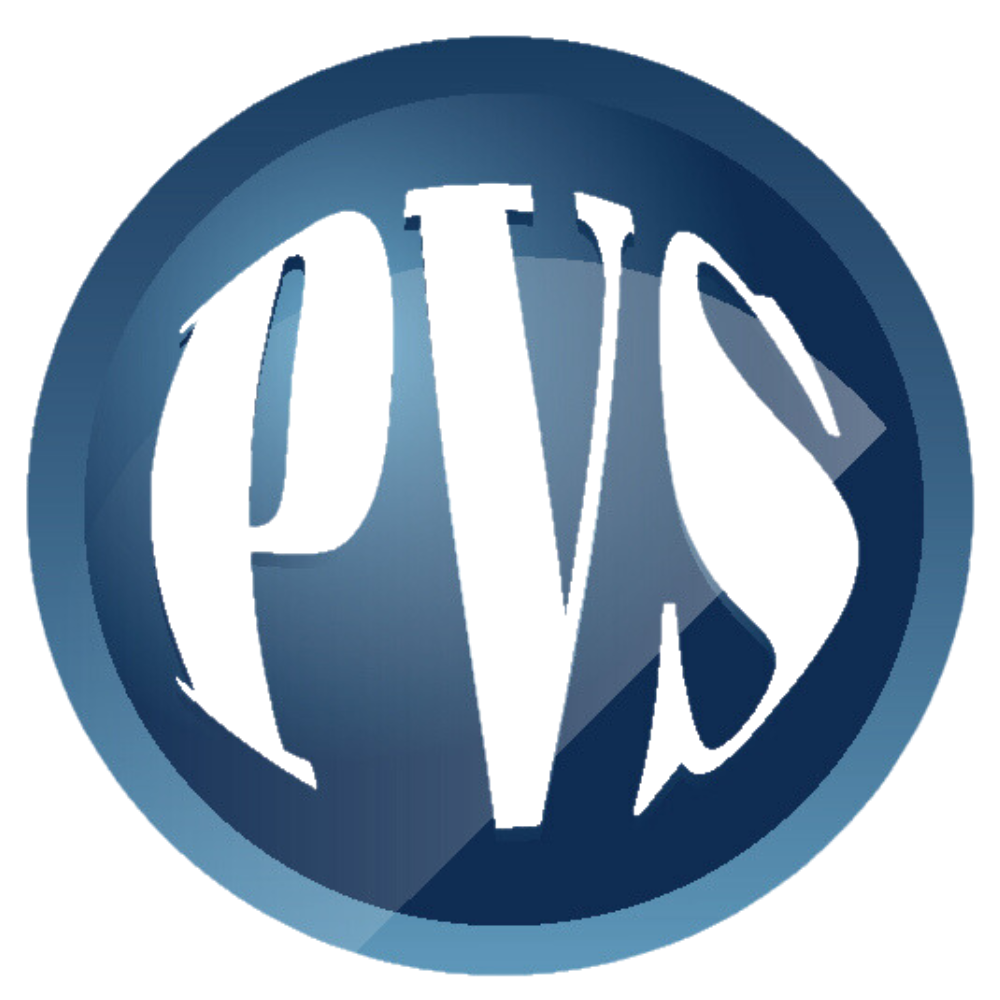Some thought this was going to last for years. Some thought this wasn’t a big deal. Others even thought it was a hoax or government conspiracy. No matter where you fell on the scale, we can all agree that 2020 was filled with anxiety as no one really knew what was going to happen long-term.
No more going to work, with the lucky ones being able to transition to working from home. Businesses struggled to find ways to mitigate their losses. Restaurants and movie theaters closed, hotels became virtually empty, schools shut their doors and everyone had to learn to live a different life.
According to the New Jersey Business Magazine, 81% of small businesses lost revenue at an average rate of 30% during the pandemic. Nearly all business types saw decreases in revenue, had to lay off or furlough employees, figure out working from home and many shut down all together.
COVID-19 has hit small businesses particularly hard, with 81% reporting that they have financially suffered this past year, according to a new survey by Wiss, a Florham Park-based full-service accounting and strategic growth advisory firm, and Sapio Research. Twenty-seven percent of respondents said they experienced a “dramatic income loss” because of COVID-19, with 30% being the average revenue loss.
Small business owners and executives impacted by COVID-19 have made budget cuts, applied for loans and have even tapped into their personal savings to survive.
- Nearly half of small businesses surveyed have cut spending because of COVID-19.
- 60% applied for a PPP loan,which 26% received (including 41% of those in 100 – 499 employee-sized companies and just 17% of under 25 employee companies)
- 21% have furloughed staff and 16% have laid off staff
- 20% used business savings or borrowed from a business line of credit (12%)
- 21% tapped their personal savings; 8% borrowed from their retirement accounts; and 7% took out a personal loan.
- Nearly 10% of businesses reported closing due to the financial impact of COVID-19.
Our clients include major health care organizations, manufacturing facilities, water sanitation and movie theaters who had to find ways of surviving just like most did. In a time where everyone is looking for ways to increase profitability by increasing revenue and/or decreasing expenses, there is an untapped resource that most companies have no idea could be their saving grace (pun intended).
Every year, all businesses (except in a handful of states) are required to pay property taxes on the assets they own and utilize to operate their business. This includes equipment, computers, furniture and, in some states, inventory and supplies.
The Texas Taxpayers and Research Association states there was over $231 billion in taxable Business Personal Property value in the state of Texas alone in 2016. This association goes on to clarify:
“Texas’ property tax applies to all real estate (land and improvements). Texas’s property tax also applies to tangible personal property (furniture, machinery, supplies, inventories, etc.) used in the “production of income,” i.e. business-owned property. Personal property owned by individuals is specifically exempted. Inventories of raw materials and finished products is a key part of business tangible personal property.”
For some, this is negligible. For others, it means hundreds of thousands, if not millions, in tax liability. It is an odd truth that this is usually an overlooked accounting function, even though it results in one of your largest annual expenses. Also, most have no idea what goes into filing these returns as it is just something their accountant handles every year.
So what is the problem? There are thousands of property tax firms across the country, over a million accountants and 32.5 million businesses in the United States, all who prioritize federal taxes, income taxes and real estate property taxes. Most of these companies do not fully understand there are opportunities to reduce their business personal property tax burden. It is commonly thought of as an annoyance that includes filing an annual return and paying a tax bill.
The solution? Revaluing business personal property assets and analyzing asset lists. First, communication efficiency needs to improve within the company’s departments. When a company stops using a piece of equipment, whether it is a plastics molding processor or phone system, no one thinks to tell the accounting department. The only reason someone in accounting or tax knows of a new acquisition is due to the purchase process. Years later, one of my experts gets a hold of an asset list to scrub and finds multiple assets we can delete due to their removal or possible lack of use. These are called “ghost assets” and result in large reductions. It is unfortunately a common occurrence for an asset list to be inaccurate.
Next comes revaluing assets themselves. With the right expertise and data, high-tech equipment can be revalued. We look to first break an asset down into component costs. With information our licensed equipment appraisers obtain through collaborations with manufacturers, we can identify exemptions on certain components or aspects of the equipment. The trick is not only having the data and expertise to perform this type of calculation, but also understanding the thousands of taxing jurisdictions’ different statutes and exemptions possibilities. For example, what can be exempt in Dallas County might be different than Tarrant County. This leads to lower costs, lower values and therefore lower taxes.
Additionally, with the right information certain assets can be moved into faster depreciation so that each year you are responsible for less taxes.
Last, and closest related to property taxes on the real estate side, would be finding comps. With a database that searches and finds the resale of our client’s assets we can argue for a fair market value of some of these larger assets.
There are multiple states who tax inventory and supplies that also allow for the partial exemptions of their inventory based on the percentage of products sold outside of said home state. This is not as easy a calculation as you would think, so having a tax expert file your returns who can also analyze your inventory and sales is huge. We have saved clients six figures in property taxes in a given year by properly filing for their Freeport Exemption.
For those of you who feel as though this seems like a lot, it is. Our consultants spend much more time filing a return than your current accountant. Scrubbing asset lists looking for errors and ghost assets, revaluing equipment, reviewing potential changes in depreciation, analyzing inventory and sales for exemptions and filing the most accurate return possible to save you tax dollars is not a ten-minute process. What most deem an annual burden, we look at as an opportunity.
PVS was started in 1997 with the unique expertise in high-tech medical equipment valuation. For nearly 15 years, their expertise and reputation grew to where they worked with nearly every major healthcare company in the country. Virtually every for-profit hospital corporation, imaging company, surgical organization, dialysis group, oncology and others now use PVS to file their returns and have benefited from hundreds of millions of dollars in tax savings.
In 2011/2012, PVS started working with a joint venture movie theater projector distribution/leasing company and saved them $4.2 million in property taxes by utilizing the same methodologies they had used on high-tech medical equipment. Then they started working with manufacturing facilities, water treatment equipment and other types of assets in the same manner.
These savings should be found during the process of preparing a Business Personal Property Tax Return (or rendition as it is called in Texas) for our clients. Most jurisdictions will accept our returns as filed, considering we provide the assessor all backup data and support for valuation changes.
Assuming you have already filed your return, the other option is to let PVS file an appeal of your assessment and see if there are any reductions we can make this year. Most jurisdictions have an appeals process, with a deadline listed on the assessment notice sent to the taxpayer. While these reductions are harder to obtain than if we had filed the return, it is an opportunity to run an analysis to file next year and save you money this year.
As we all look for ways to reduce our costs and increase our profitability, tax liability should be a no-brainer. How can we reduce our tax liability? First, hire PVS to monitor and analyze your real estate assessments, file appeals and reduce your real estate property tax liability. Hire a company like SALT Solutions (State and Local Tax Solutions) to review your AP and product taxability so they can obtain refunds on sales and use tax paid on items they can exempt. Last, have PVS revalue your business personal property assets and file your return. If already filed, let them look to appeal your BPP values.
Frequently Asked Questions
How does revaluing equipment differ from simply depreciating it?
Depreciation follows a set schedule, while revaluing involves breaking down an asset into components, identifying exemptions, and using market data to adjust its taxable value—often resulting in greater savings.
What is a Freeport Exemption and who qualifies for it?
A Freeport Exemption allows partial or full exclusion of inventory from taxation if it’s sold or shipped out of state within a certain time frame. Eligibility varies by state and often requires detailed inventory and sales records.
Can tax savings still be achieved if the business has already filed its property tax return?
Yes. Even after filing, businesses can appeal the assessment to seek reductions. While savings may be smaller than if filed correctly initially, it’s still an opportunity to reduce current-year taxes.












